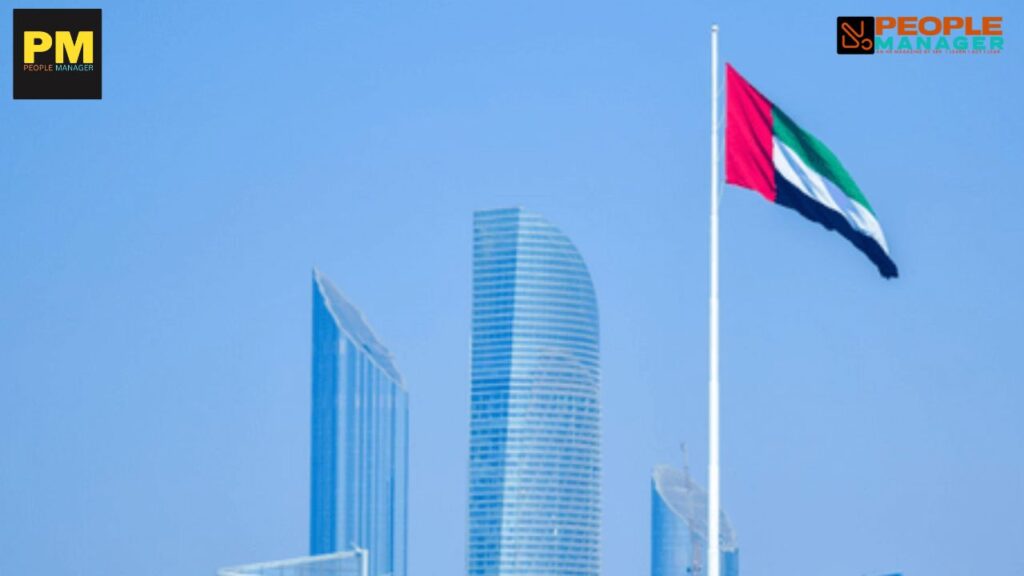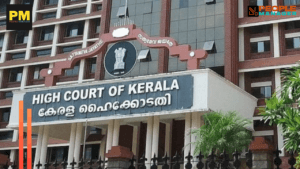UAE Implemented ‘Midday Break’ to Establish Favorable Work Atmosphere
During June 15th to September 15, 2023, period, between 12:30 p.m. and 3:00 p.m., all work-related activities in open places or in direct sunlight will be forbidden. Furthermore, the decision limits daily working hours to eight. If an employee is obliged to work more than eight hours in a 24-hour period, the extra hours will be classified as overtime, entitle the employee to additional remuneration.

UAE Implemented ‘Midday Break’ to Establish Favorable Work Atmosphere
The Ministry of Human Resources and Emiratisation (MoHRE) implemented ‘Midday Break’ initiative today. As a pilot project, the ‘Midday Break’ initiative will be effective till September 15th, 2023. The Midday Break is a step taken by the UAE government to create a caring and advantageous work environment that prioritizes workers’ well-being.
During June 15th to September 15, 2023, period, between 12:30 p.m. and 3:00 p.m., all work-related activities in open places or in direct sunlight will be forbidden. Furthermore, the decision limits daily working hours to eight. If an employee is obliged to work more than eight hours in a 24-hour period, the extra hours will be classified as overtime, entitle the employee to additional remuneration.
Employers must also provide workers with parasols to protect them from direct sunshine, provide shaded resting areas during breaks, and equip the workplace with appropriate cooling devices such as fans. They must also supply enough drinking water and other amenities to create a comfortable working environment.
The notion (Midday Break) recognizes not just the need to keep specific jobs going, but also the huge impact it might have on the community as a whole. To solve technical difficulties, certain jobs that require continuous work are exempt from the decision’s implementation. These include works such as putting asphalt or pouring concrete, which may not be feasible to postpone until after the break.
Furthermore, Midday Break exclusions include actions aimed at addressing hazards or restoring damages, such as accidents affecting water and energy supply, as well as substantial traffic interruptions.
Furthermore, projects that require a permission from the appropriate government institution due to their impact on traffic flow and services, such as the alteration or redirection of key traffic routes, electricity lines, and communication systems, are excluded because they involve ongoing work.
- Financial Crisis Cannot Compel an Employee to Work, Resignation Rejection Amount to Bonded Labour: Kerala High Court. - February 17, 2026
- Pernod Ricard India introduces Cheers VRorld, an industry-first VR-powered onboarding experience in the Alco-Bev sector - February 11, 2026
- Jio-bp Appoints Sareeta Bhatikar as Chief Human Resources Officer to Steer Next Phase of Growth - February 11, 2026








